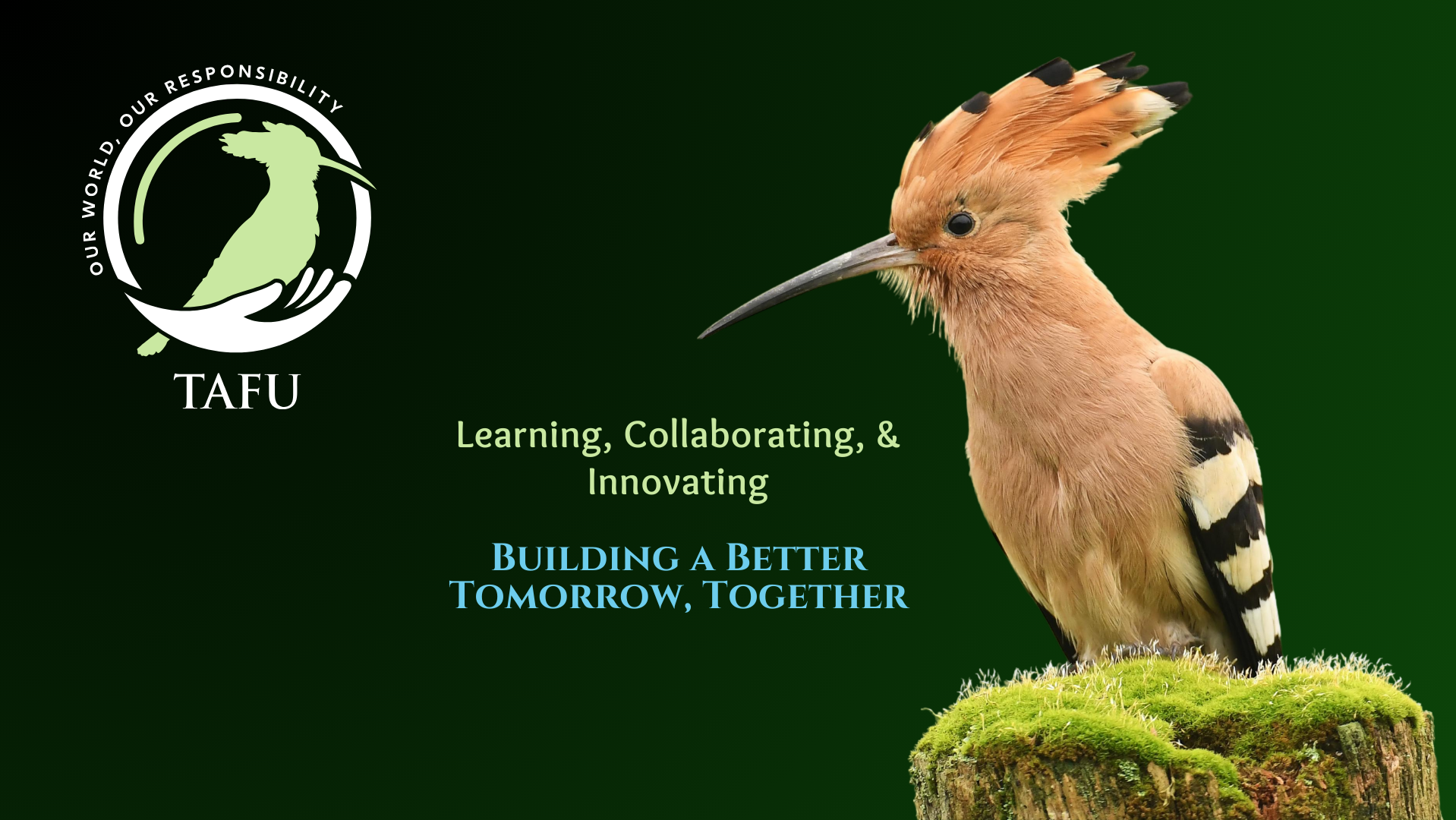Responsible AI in Practice: Short Case Studies
Healthcare: AI-Assisted Clinical Trial Pairing
Mayo Clinic and IBM’s Watson are collaborating to enhance clinical trial matching for cancer patients. This AI system improves the speed and accuracy of finding suitable clinical trials. Find out more here.

Finance: Ethical Lending Algorithms
Aladdin is BlackRock’s advanced investment management platform that utilises AI for several of its functions and offers integrated risk analytics, data management, and scalable processing to support asset managers, banks, insurers, and financial institutions. Find out more here.

Education: Personalised AI Learning
StepWise AI by Querium is a virtual tutor software that provides personalised, step-by-step guidance in solving math problems. Utilising AI, it adapts to each student’s progress, offers immediate feedback, and generates individualised learning paths. Find out more here.

Manufacturing: AI-Powered Quality Control
Landing AI’s Visual Inspection System leverages AI to detect defects in manufacturing processes. The system uses machine learning algorithms to analyse images from production lines, identifying flaws with high accuracy. This enhances product quality, reduces waste, and improves operational efficiency. Find out more here.

Transportation: AI-Based Fleet Management
Motive’s AI-powered Smart Dashcam enhances fleet safety and efficiency by analysing driving behaviour in real-time. This advanced dashcam uses AI to detect unsafe driving practices, provide instant feedback, and alert fleet managers to potential issues. The system helps reduce accidents, optimise routes, and improve overall fleet performance. Find out more here.
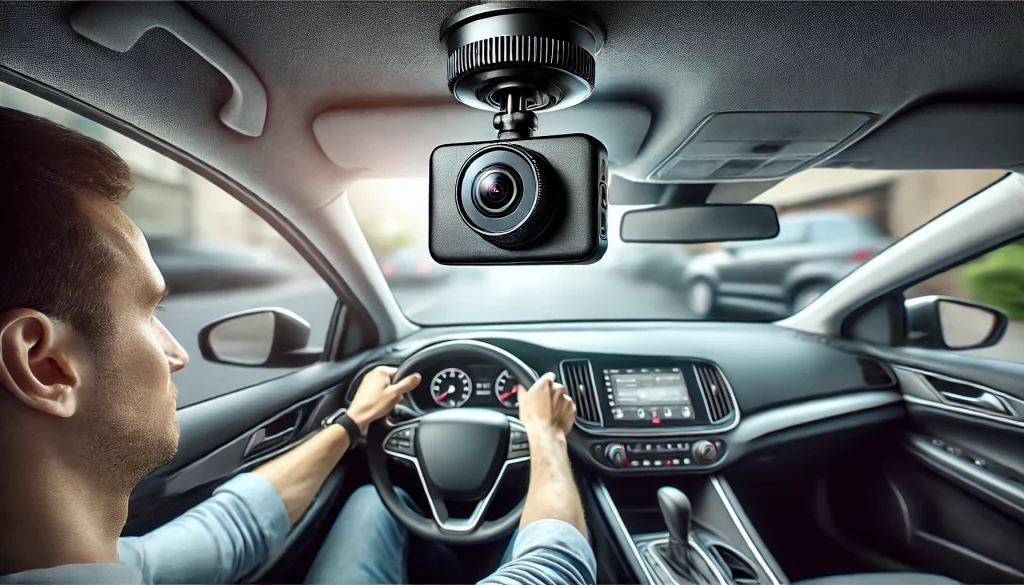
Marketing: AI-Powered Content Creation
WPP, in partnership with NVIDIA, has developed an AI-enabled Production Studio that streamlines the creation of marketing content. Utilising NVIDIA’s Omniverse platform, this generative AI engine can produce large volumes of brand-accurate 2D images, videos, and interactive 3D content. This innovation significantly enhances the speed and efficiency of content creation. Find out more here.

All of these platforms are designed to be used in collaboration with humans and aim to have a positive long-term impact on the environment and/or society. Now, let’s explore some short case studies of how AI can be used for research and nature conservation.
Case Studies in Research and Nature Conservation
Wildlife Conservation: AI for Wildlife Monitoring
Wildlife Insights by Google leverages AI to analyse images from camera traps around the world. This platform processes millions of photos to identify species, monitor wildlife populations, and support conservation efforts. By automating image analysis, it provides faster and more accurate insights into biodiversity, helping researchers and conservationists make informed decisions to protect wildlife. Find out more here.
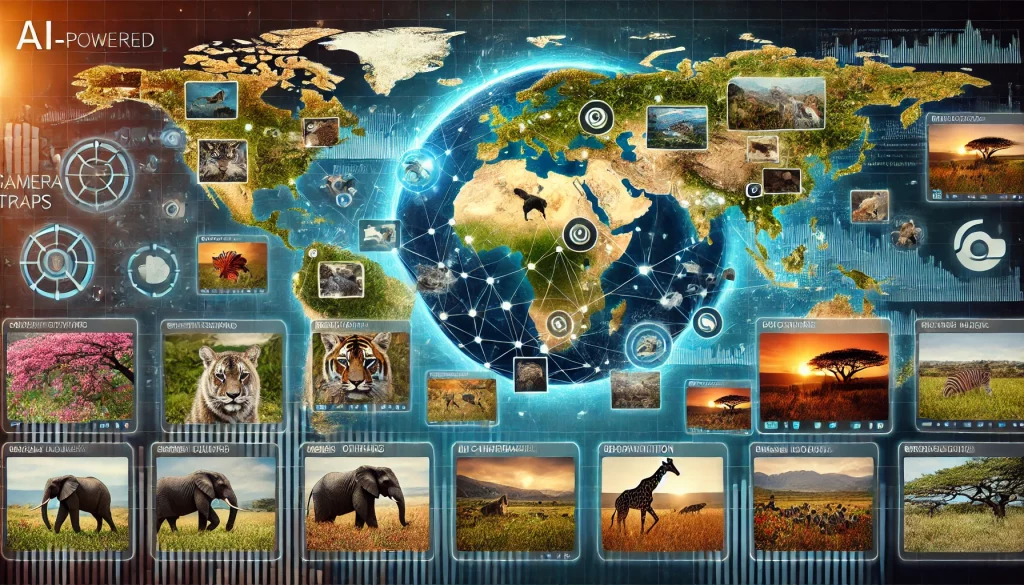
Giraffe Recognition Using AI
AI-based systems are employed to recognise and monitor individual giraffes through pattern recognition of their unique coat markings. This method allows researchers to track giraffe populations, study their behaviour, and implement effective conservation strategies to protect this iconic species. Find out more here.
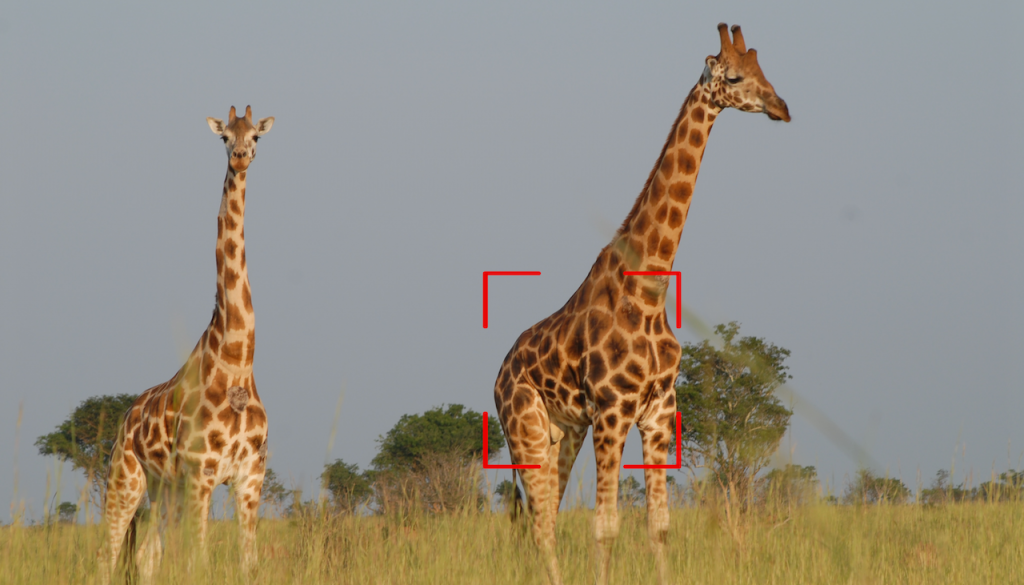
Marine Conservation: AI for Coral Reef Monitoring
ReefCloud AI leverages advanced AI technology to monitor and analyse coral reef ecosystems. The platform uses AI to process underwater images and videos, identifying coral species and assessing reef health. This helps scientists and conservationists track changes in coral reefs over time, enabling more effective management and protection strategies for these vital marine ecosystems. Find out more here.
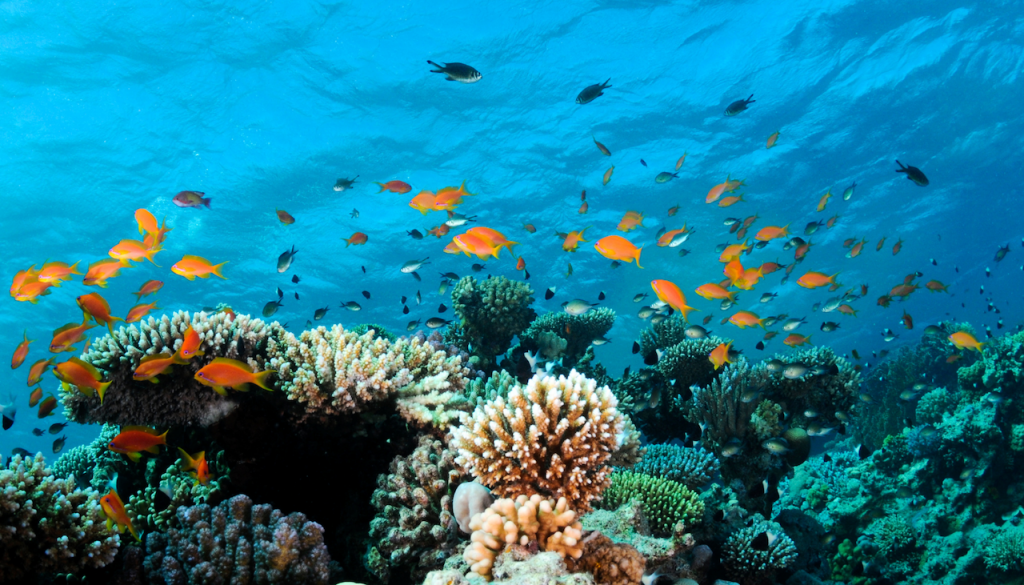
Environmental Restoration: AI for Reforestation
Flash Forest uses advanced technology combining UAVs (drones), AI, GIS, and plant science to accelerate reforestation efforts. Their proprietary seedpod technology is designed for rapid deployment and growth, ensuring seedlings have the best chance of survival. Custom drones plant seedpods at high efficiency, allowing reforestation in remote areas without the need for extensive site preparation. This innovative approach addresses the urgent need for scalable reforestation to combat climate change. Find out more here.
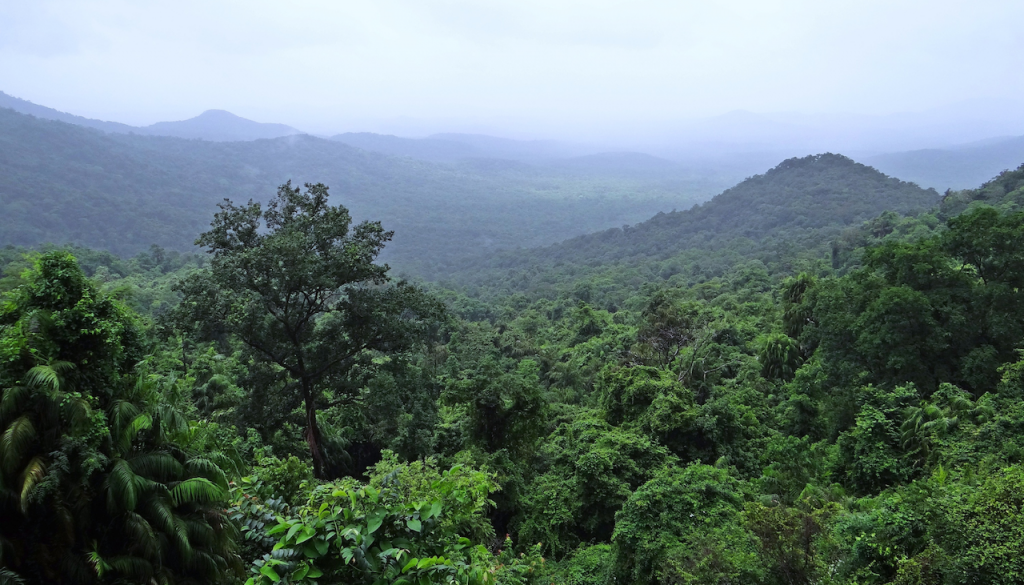
Environmental Monitoring: AI for Ecosystem Monitoring
The Analytics Lab by Conservation Science Partners utilises AI and Microsoft’s Planetary Computer to monitor ecosystems. This platform processes spatial data to assess wildlife habitat connectivity and anthropogenic impacts on terrestrial landscapes across the U.S. By leveraging AI and cloud infrastructure, it provides up-to-date visualisations and analyses to support conservation efforts and inform environmental decision-making. Find out more here.

Wildlife Conservation: AI for Bird Identification
Merlin Bird ID is an advanced app developed by the Cornell Lab of Ornithology that uses AI to help users identify bird species through sound recordings, photographs, or answering a few simple questions. The app leverages machine learning trained on over 750,000 bird sound recordings and millions of bird observations from eBird. Merlin can identify 458 bird species by sound in the United States and Canada, and also provides identification based on photos or descriptive questions, making it a comprehensive tool for bird watchers globally. Find out more here.
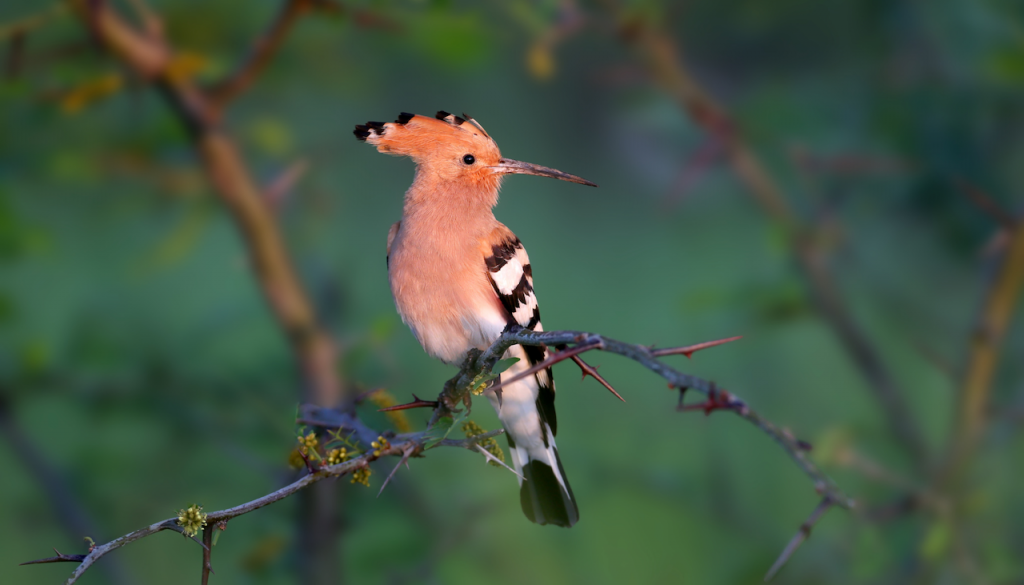
Responsible AI is crucial for sustainable development across various sectors. By learning from these case studies, we can better understand how to implement ethical AI practices and hopefully they will spark some inspiration.
ps: Most of these images were created by AI 😉
Return to TAFU’s Responsible AI Hub
